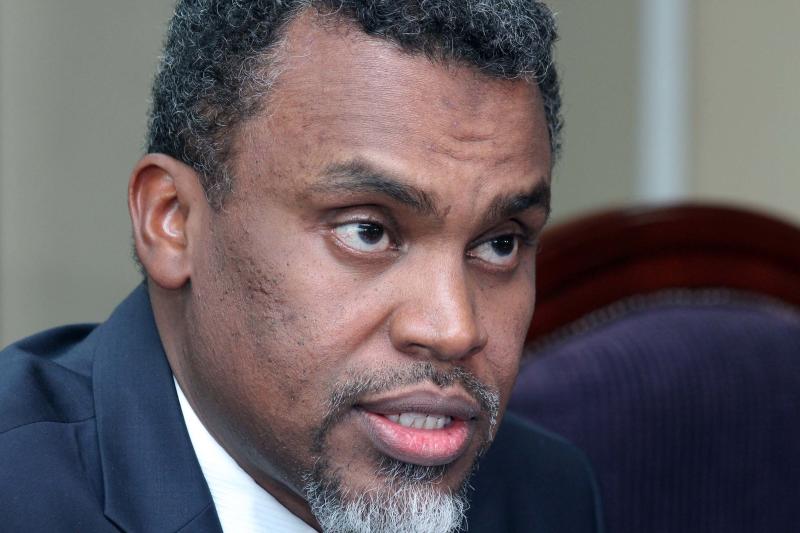×
The Standard e-Paper
Join Thousands Daily

The Director of Public Prosecutions Noordin Haji now wants the court to lift orders which stopped him from charging Deputy Chief Justice Philomena Mwilu with alleged graft.
The DPP in his fresh application filed on Wednesday argued that the orders given to the DCJ and her lawyer Stanley Kiima were improper as he was not given a chance to argue against them.